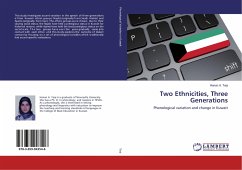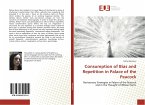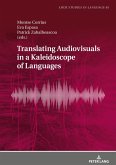Accents are defined as varieties in pronunciations of a certain language and refer to the sounds that exists in a person's language. Therefore, everybody has an accent. Generally, accents differ in two subjects, Phonetics and Phonology When accents differ in phonetic, there are same set of phonemes in both accents, but some of these phonemes are realized differently. For ex- ample, the phoneme 'e' in dress is pronounced as ' ' in England, and 'e' in Wales. Another example, the phoneme 'u' in strut is pronounced as ' in England, and 'U ' in Wales. Differences in stress and intonation are also refer to phonetic category On the other hand, phonological refers to those accents which have different number of phonemes from another and often the identity of phonemes are also different. Examples are made or waste which are pronounced as 'e' in England and as 'e:' in Wales .What is clear in accent description is that unlike the dialects, accents only cover a small group of variations which could occur in a certain language.
Hinweis: Dieser Artikel kann nur an eine deutsche Lieferadresse ausgeliefert werden.
Hinweis: Dieser Artikel kann nur an eine deutsche Lieferadresse ausgeliefert werden.








